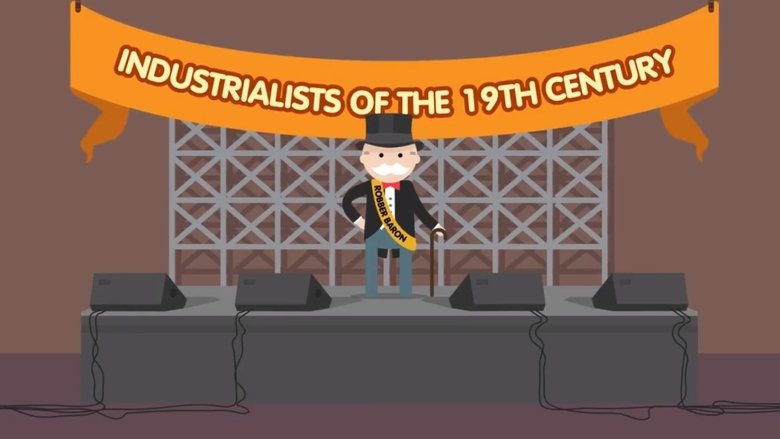


This essay, however, argues that the kind of autonomy that privacy activists and dystopian novelists most often wish to defend should be understood not as a self-sufficiency but as personhood that is socially embedded and politically engaged, and, crucially, a necessary but insufficient precondition for the resistance and refusal of digital mass surveillance. Many critics argue that dystopian literature is inherently reactionary because of its anti-utopianism and individualism. Finally, this essay turns to the thorny question of personal liberty and autonomy as a justification for the right to privacy and as a central theme within the dystopian genre.

Unlike Orwell, who predicted the "proles" would be relatively free from surveillance, Shteyngart also emphasizes the disproportionate impact of surveillance on different sections of society. Shteyngart, it is argued, offers a more appropriate vision for our world of decentralized digital "surveillant assemblages" that maintain a "control society" with little need for a Big Brother–like state. While George Orwell's Nineteen Eighty-Four remains influential, many of his observations now seem anachronistic. This essay proposes Gary Shteyngart's dystopian satire, Super Sad True Love Story, as an appropriate heuristic model for understanding surveillance and society in the twenty-first century. This twenty-first century techno colonialism is the Necro-Techno Complex, a ruthless intensification of exploitation, domination, and control. In the process of achieving ubiquitous saturation, they are converting biological life across the globe into a necropolitical extrajudicial colony. I analyze how the practices of data brokers such as Facebook, Google, and others, which form the global apparatus of surveillance capitalism, have consolidated power and knowledge to control the behavior and reality of human populations.

I argue that such salvation narratives instrumentalize the notion and practice of faith, which extends the history of extractive, exploitative colonialism, from the Doctrine of Discovery to the present day. This article describes my satirical portrayal of the way that Silicon Valley technology corporations have adapted the 'salvation narrative' to proclaim a futurity of liberation. Over eight years, and in varied art spaces and public streets, I presented many performances as live 'services' of my fictitious church, the Church of Nano Bio Info Cogno. In this reflective and critical article, I approach my own performance art as an embodied research methodology which informs the performer as much as the audience.


 0 kommentar(er)
0 kommentar(er)
